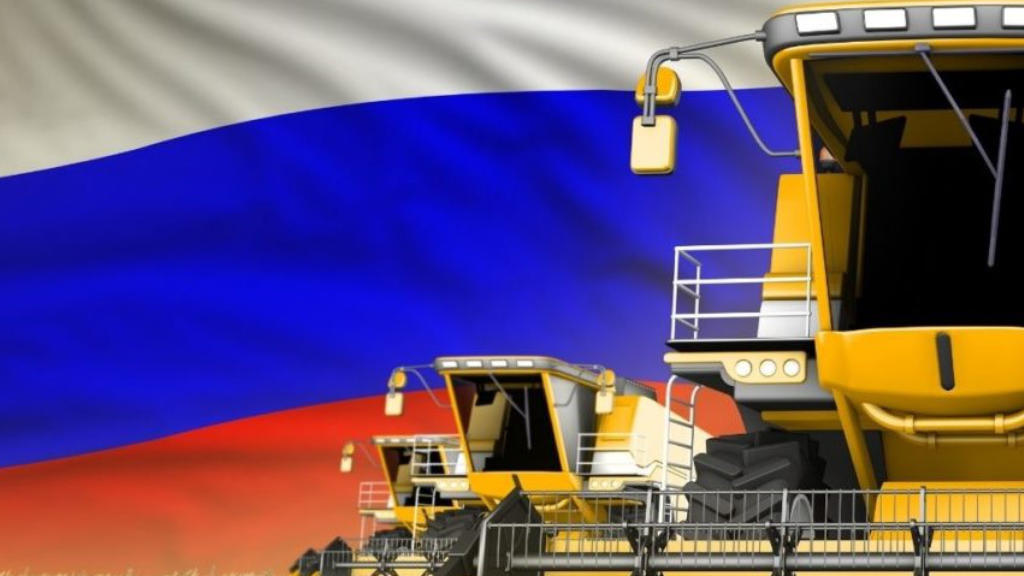In a nod to the BRICS grouping’s ability to increase trade and alternative supply chains, Russia exported 900,000 tonnes of wheat to Brazil in 2023, rising from fourth place to second place among Brazil’s leading suppliers, according to Russia’s Agriculture Ministry Agroexport center.
Argentina is traditionally Brazil’s largest supplier of wheat, with a market share of 54% in 2023, however declining political relations between the two countries are changing the trade dynamics. Argentina declined to join the BRICS group in late 2023.
Russia supplied 21% of total wheat exports to Brazil, surpassing both the United States and Paraguay in the rankings. Russia also sells fertilizers and nuclear plant developments to Brazil.
For further analysis of the Russia-Brazil 2023/24 trade dynamics, please refer to the specific chapter on Latin America in our PDF Guide. It is a complimentary download.
BRICS Grain Exchange
Meanwhile, the European Union has a placed the maximum allowable import duty of 95% on Russian wheat to prevent it entering EU markets. It has accused Russia of ‘distorting global prices’.
However, the move will maintain high prices for EU and Ukrainian wheat supplies and has been condemned by many African countries for discouraging what should be a lower global average. 2023 produced the world’s second-ever largest harvest and prices ought to decline as a natural supply and demand market result. The EU is the world’s second largest producer of wheat after China, while Ukraine is sixth. Prices are currently set in France.
Consequently, Russia has proposed an alternative Wheat exchange to be focused on a BRICS Grain Exchange that would allow buyers to purchase directly from producers rather than via EU-based contracts and middle-men as is currently the norm. This would change the way in which global supplies – and prices – are formulated as China and India are the world’s first and third biggest wheat producers, with Russia fourth and the biggest exporter of wheat. An exchange based on the BRICS grouping of Brazil, Russia, India, China and South Africa as well as Egypt, Ethiopia, Iran, and United Arab Emirates would have global clout and be beneficial to Global South buyers.

 Русский
Русский













